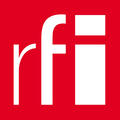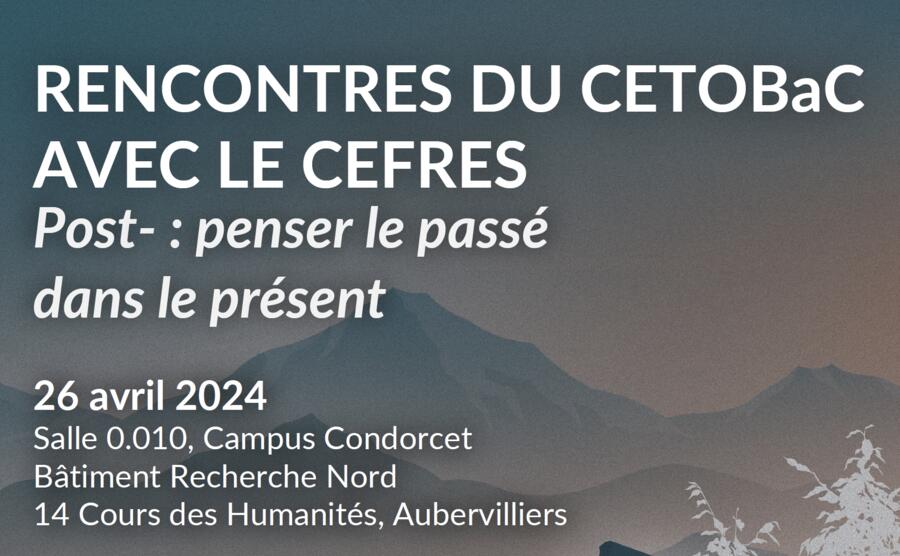
Centre d’études turques, ottomanes, balkaniques et centrasiatiques
Anciennement appelée « Études turques et ottomanes », l’unité est issue de la fusion, en 1990, de l’Institut d’études turques (Paris-III), dirigé par Louis Bazin, et d’une des composantes du Centre d’études sur la Russie, l’Europe orientale et le domaine turc (fondée par Alexandre Bennigsen à l’EHESS), centrée sur l’histoire ottomane. Depuis 2010, elle porte le nom de CETOBaC. Elle a été dirigée par Gilles Veinstein, puis, à partir de 2001, par François Georgeon, et par Nathalie Clayer de 2008 à 2018. L'actuelle direction du CETOBaC est assurée par Marc Aymes.

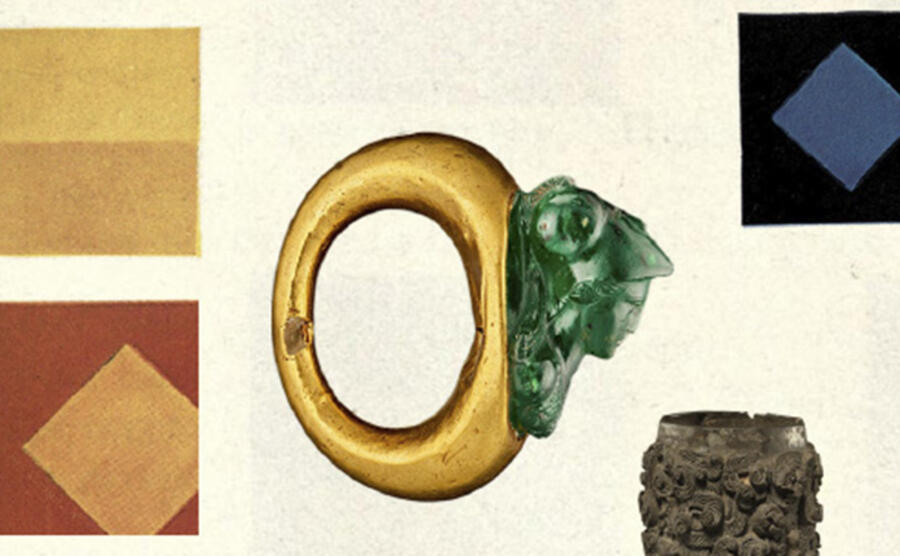
ColloqueAvec, pour le CETOBaC, la participation au comité scientifique d'Étienne de la Vaissière.
« L’objet précieux : un fait social total ? »
Avec, pour le CETOBaC, la participation au comité scientifique d'Étienne de la Vaissière.

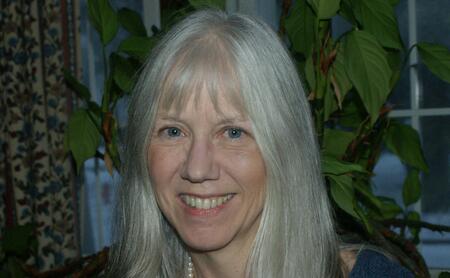
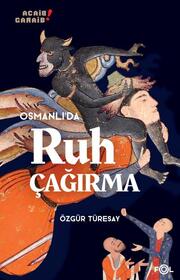
Osmanlı’da Ruh Çağırma
1850’lerden 1910’lara Osmanlı İmparatorluğu’nda Manyetizmacılık ve İspiritizmacılık
FOL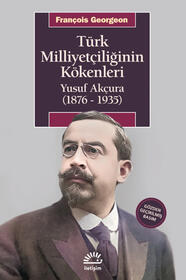
Türk Milliyetçiliğinin Kökenleri
Yusuf Akçura (1876-1935)
İletişim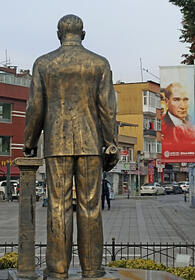
European Journal of Turkish Studies
Post-Kemalism and Its Discontents
OpenEdition Journals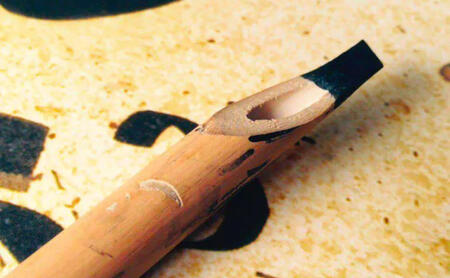
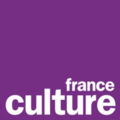

« Une violence liée à une nostalgie d’empire », avec Hamit Bozarslan
Il y a 5 mois 1 semaine